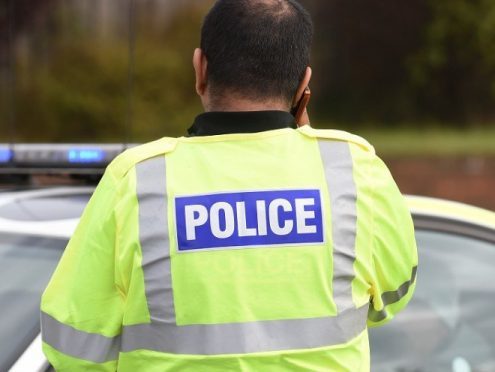Police officers have clamped down on foreign criminals using roads in the north-east to commit offences.
Local forces acted on tip-offs to stop more than 100 vehicles at Aberdeen and Elgin during a recent operation.
Roads policing bosses confirmed the effort had been organised to “target those who try to use borders to cover their criminal tracks”.
The Operation Trivium campaign was jointly operated by personnel from partner bodies, including the UK Border Agency, and aimed to “detect and deter” individuals involved in all sorts of illegal activity.
During the patrols, officers placed particular focus on personal and commercial vehicles with foreign registration plates.
Yesterday, the force revealed that officers had come across a “wide range” of road offences during the operation.
On one occasion, they were forced to impound a car because the brakes were in such a bad condition it was not considered roadworthy.
Some of the vehicles stopped during the checks contained dangerous goods.
One person was arrested for drink driving and one vehicle was seized after officers discovered its driver was not insured.
Police also identified tyre, seat belt, lighting and exhaust offences – and several offenders were reported to the Procurator Fiscal or fined.
However, local officers stressed the operation was organised to “tackle criminals” and not to cast aspersions upon their countries of origin.
Roads policing inspector, Jon Barron, said: “Foreign nationals who commit crime in the UK, and who use our roads to facilitate that criminality, may feel they are untouchable.
“Operations like this are not stand-alone activities, and demonstrate our absolute commitment to cross-border policing.
“They also enable us to build on the already well-established links with partner agencies and to share information and intelligence on criminals and any emerging tactics they use.”
Officers carrying out the road checks were assisted by colleagues from the trunk road patrol group and local community policing teams.
Partner agencies such as the Driver and Vehicle Standards Agency, UK Border Agency, HM Revenue and Customs and the Department of Work and Pensions also played a critical role in the crackdown.
